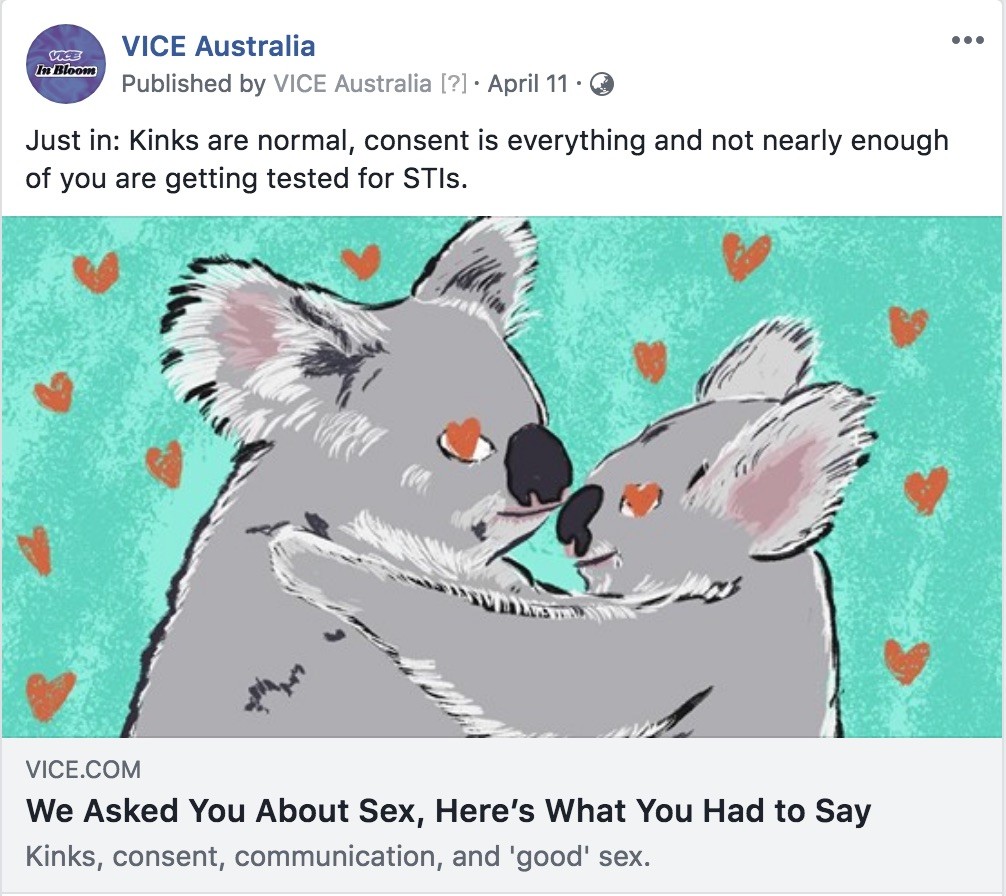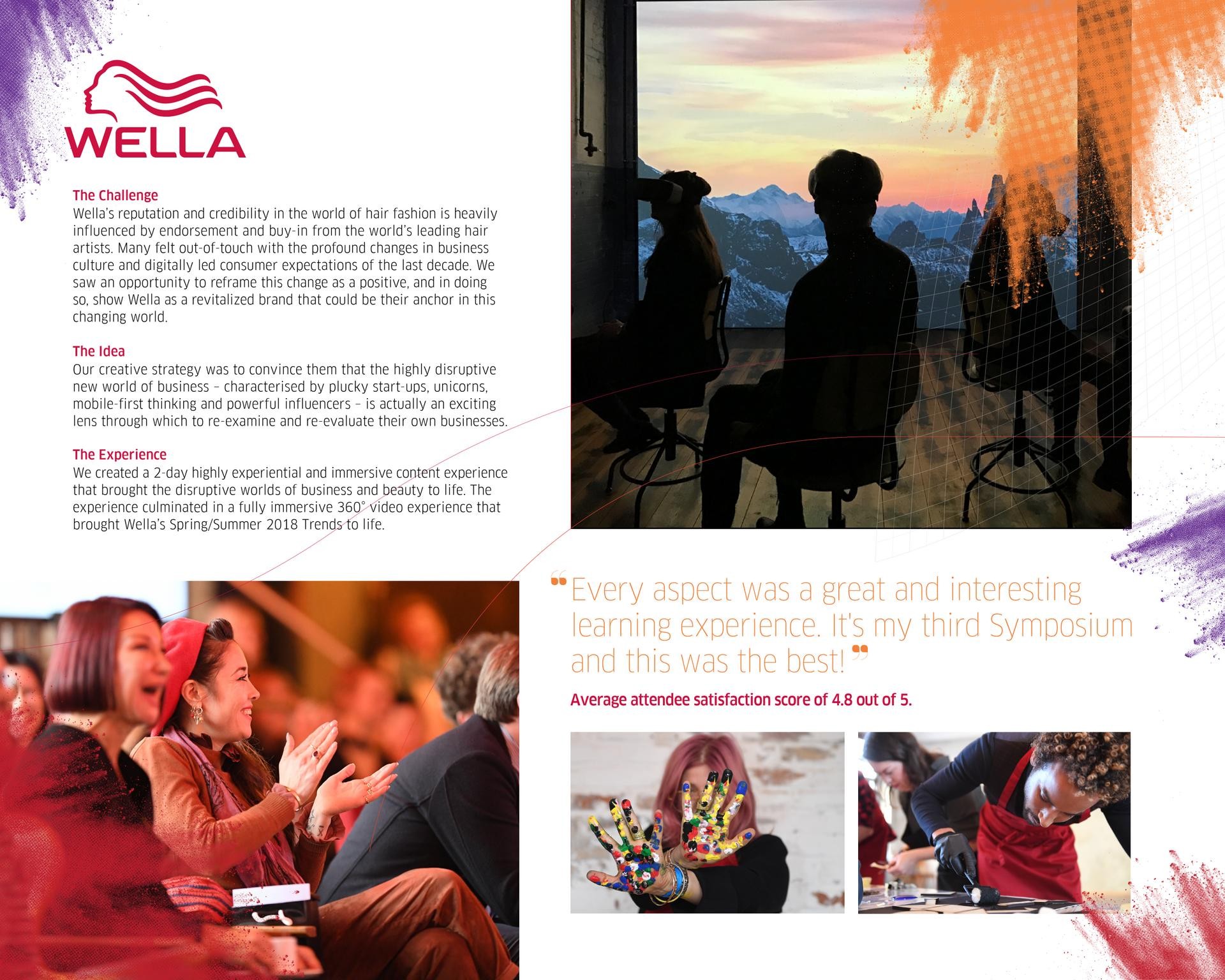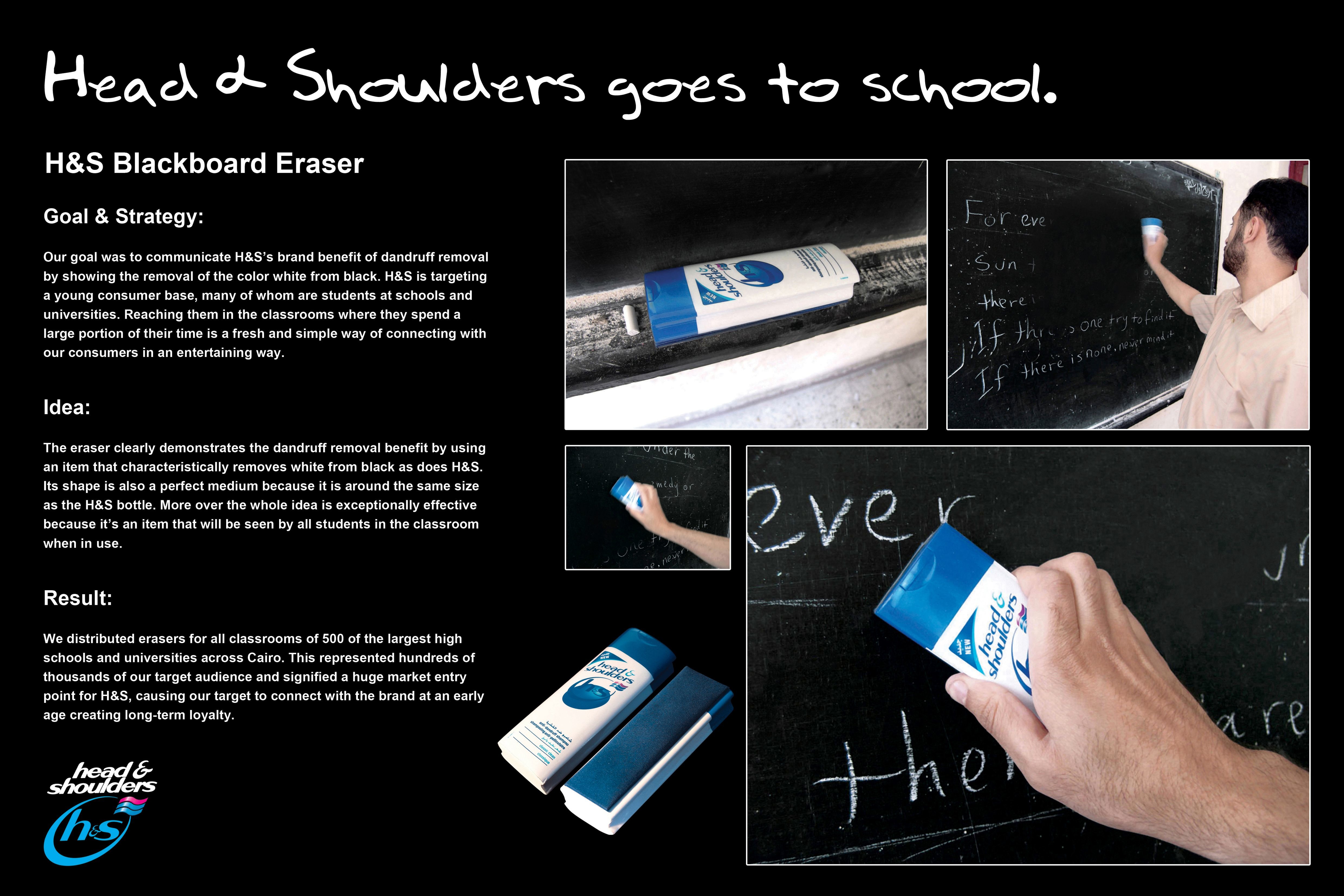Spikes Asia
The Unequal Dinner
BLKJ HAVAS, Singapore / DUREX / 2023
Awards:



Overview
Entries
Credits
OVERVIEW
Background
Durex believes that everyone deserves equal access to sexual pleasure. But the reality is that in Asia, while 95% of men feel sexually satisfied, only 11% of women do. This is called the pleasure gap. As a brand that stands for pleasure, we believe that this gap can only be closed if we make it easy and normal to talk about. But that is a challenge particularly in Asia, where religious and traditional values make topics like sexual pleasure a taboo. Our goal was simple: Start a conversation around the realisation of the pleasure gap. Because only by normalising these conversations about sex and pleasure can mutual pleasure be achieved. As Durex we believe gender equality should start in the bedroom.
Idea
How do we get people to talk about an unspeakable issue? By using a language that gets everyone in Asia really… excited. Food. Introducing The Unequal Dinner: a social experiment that gave men a taste, quite literally, of the pleasure gap. Supported by data we gathered from women across Asia, detailing the kind of inequalities they face in the bedroom, we invited couples to a unique dinner experience. Unbeknownst to the male participants, we worked closely with their female dates to create food metaphors for their experiences before, during and after sex. And just like what happens so often to women, the men did not get their appetites satisfied with their incomplete or underwhelming dinner courses. What was meant to be a full-course meal for both, became a lesson on inequality in the bedroom.
Strategy
The pleasure gap is a global problem. But, the disparity in Asia remains larger than the rest of the world. We surveyed over 10,000 men and women between 25-34 years old across key Asian markets with questions related to their sexual experiences. Questions like: Do you desire more foreplay? Do you orgasm every time you have sex? Have you faked an orgasm? And we found that across all markets, women unequivocally experienced lower levels of sexual pleasure.
The irrefutable insight: Women gave more than they received; this inspired The Unequal Dinner Menu. Strategically this campaign positioned Durex as a progressive brand that appealed and resonated with our young target audience. With a refreshing approach to focus less on our product’s superiority and more on addressing the underlying sexual pleasure gap; Durex was able to differentiate itself from the competition and build a brand for a forward thinking generation.
Execution
This insight: women giving more than they received in bed, inspired how we designed The Unequal Dinner Menu. To reflect a woman’s unequal experience before, during and after sex we used food metaphors and tackled this awkward issue in a more candid, friendly and creative approach. The Unequal Dinner turned the tables on sexual pleasure, by giving men a taste of how women feel in bed. For instance, we instructed the women to skip appetisers – mirroring how men skip foreplay. For mains, women got a lobster, while men got a measly shrimp – mirroring how sex leaves them hungry for more. And for dessert, women asked for the bill even before the men could finish. The takeaway: if we expect equal pleasure at a restaurant, why should the bedroom be any different?The experiment started off with 6 couples at a dinner, but the message resonated with millions more online.
Outcome
By exploring sexual pleasure in a fresh and unexpected way, The Unequal Dinner disrupted cultural norms in Asia. With over 200 million views, the number 1 share of social voice, and an overall 35% increase in market share across the region (which was unprecedented in the history of Durex marketing), the experiment ignited millions of conversations on social media. These conversations brought to light the reality of the pleasure gap, and empowered both women and men to be more communicative about their sexual needs. Vietnam in particular saw one of the best sale performances – with Durex Invisible even selling out. Awareness of the brand also improved significantly, with an increase of 8% in people willing to use condoms. The experiment was transformative not just for the brand, but also for sexual relationships across the region.
Similar Campaigns
12 items








